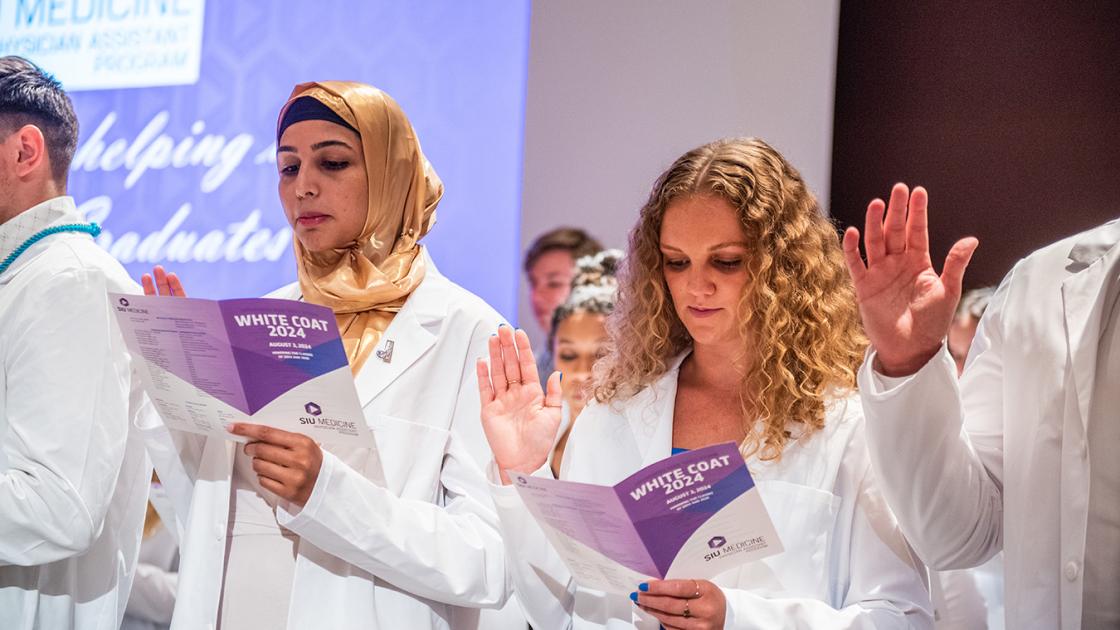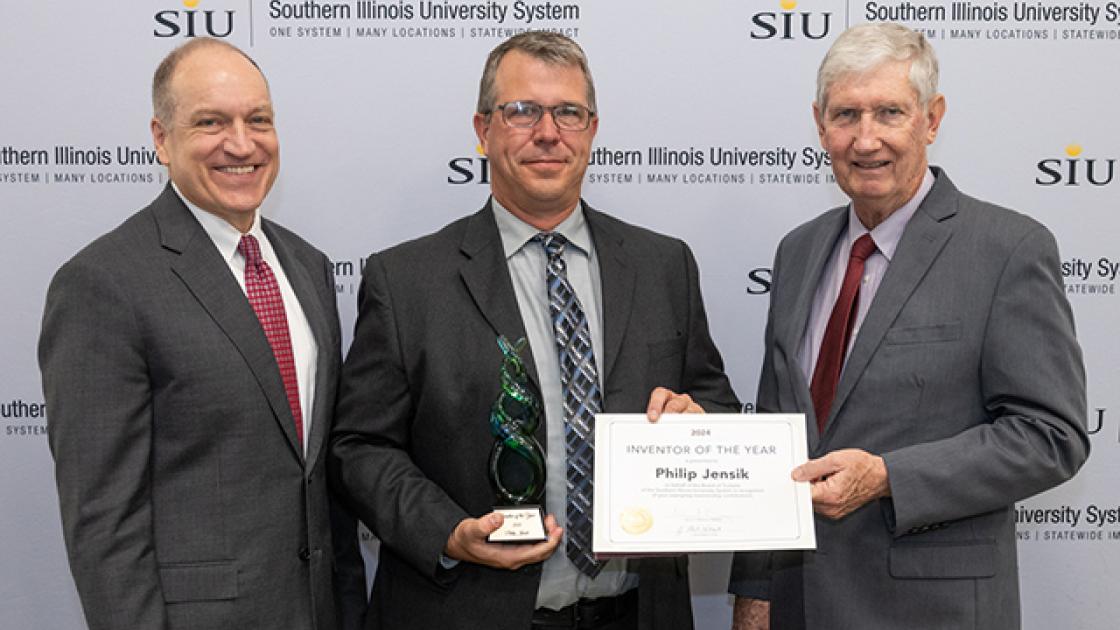
Social robots may help children with autism communicate
As the prevalence of autism spectrum disorders (ASD) appears to be on the rise, researchers like Diana Sarko, PhD, are dedicating their time to finding better therapies. She’s looking at how children with autism can use interactive robots, or social robots, to improve their communication skills and decrease anxiety.
Social robots are a special type of robot that combine human-like characteristics with the control, predictability and simplicity of a robot. The controlled robotic interactions often generate less frustration among individuals with ASD. “Individuals with ASD also see the world as especially unpredictable and chaotic, which is something we can attempt to address in part by using robots,” says Sarko, an assistant professor of anatomy at SIU Medicine in Carbondale.
Sarko initially teamed up with Joshua Diehl, PhD, a clinical psychologist and assistant professor at the University of Notre Dame, to investigate the novel therapy. Diehl found that adolescents with autism experienced decreased social anxiety, increased attention, increased communication and more social interactions after interacting with Nao, a particular model of social robot.
With a background in systems neuroscience, sensory perception and sensory integration, Sarko set out to understand why these social robots worked so well. She partnered with Felippe Sartaro and Leon Przybylowski, medical students from Edward Via College of Osteopathic Medicine. Together, they looked at whether children with ASD are better at integrating audiovisual cues from robots compared to people during social interactions, and whether this might be a key reason why social robots are therapeutically effective.
“This research is important because treatment options for individuals with ASD unfortunately remain very limited,” explains Sarko. “Children respond very positively to the robots, which immediately attract their attention and eye contact, and they’ll often initiate more social interactions with a person if the robot is also in the room.”
While the innovative therapy is promising, the cost and accessibility of social robots remain a barrier for health care providers and families. Until then, Sarko’s lab hopes to develop audiovisual training apps that could enhance audiovisual integration for individuals with ASD. “The goal of these ‘games’ would be to create a controlled and rewarding experience in an environment that would limit social anxiety and gradually increase the range and complexity of social interactions to the levels of typical interpersonal communication.”
Learn more about Sarko’s research in the Journal of Psychiatric Research.



